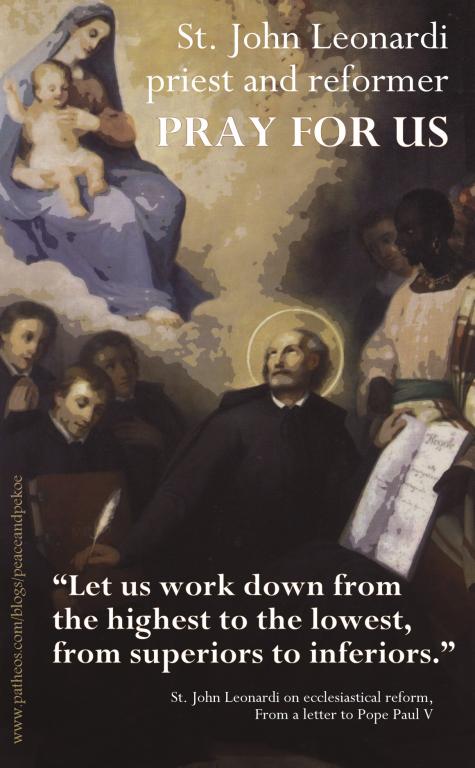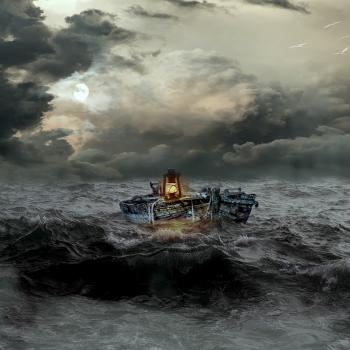Our tragedy today is a general and universal physical fear so long sustained by now that we can even bear it. There are no longer problems of the spirit. There is only the question: When will I be blown up?
I introduced my son to this speech recently. I think it’s good advice for all of us, whether we are writers or not. We have a choice: stand among and watch the end of man, or remind each other of “courage and honor and hope and pride and compassion and pity and sacrifice.”
I’ve abridged it as much as possible–which isn’t much–for my readers here, but I do urge you to read the entire speech and contemplate how our fears and needs are still so much the same, 68 years later.
Ladies and gentlemen, William Faulkner’s 1949 Nobel acceptance speech.
[T]he young man or woman writing today has forgotten the problems of the human heart in conflict with itself which alone can make good writing because only that is worth writing about, worth the agony and the sweat.
He must learn them again. He must teach himself that the basest of all things is to be afraid; and, teaching himself that, forget it forever, leaving no room in his workshop for anything but the old verities and truths of the heart, the old universal truths lacking which any story is ephemeral and doomed – love and honor and pity and pride and compassion and sacrifice. […]
Until he relearns these things, he will write as though he stood among and watched the end of man. I decline to accept the end of man. […]
I believe that man will not merely endure: he will prevail. He is immortal, not because he alone among creatures has an inexhaustible voice, but because he has a soul, a spirit capable of compassion and sacrifice and endurance. The poet’s, the writer’s, duty is to write about these things. It is his privilege to help man endure by lifting his heart, by reminding him of the courage and honor and hope and pride and compassion and pity and sacrifice which have been the glory of his past.
As Christians, we know that any day could be our personal Judgement Day–we don’t know the day nor the hour of our own deaths. We are adjured to be like the wise virgins and keep ready for the Bridegroom.
My children do this funny thing when they are told to “hurry up” and get a chore done. They become flurries of activity–with little accomplished. They trip over things, they go the wrong direction, they move before their little brains have figured out the purpose of their movement. They feel the sense of urgency and want to act on it, but in the end all of that flurry is wasted energy, a distraction from the need to steadily, calmly, get the chore done.
I don’t think the wise virgins were like that. I think they filled their lamps with care and took time to prepare their extra oil containers. I think they trimmed the wicks and took turns sleeping, and set a pace they could keep up until the hour they were called on.
No matter what news item crosses my feed or general panic heads my way, I want to remember to use my time well, like the wise virgins. I want to speak to the heart in conflict with itself, my heart not least of all, and say, This, this is what the practice was for. This is what your ideals are for. Now, when it is urgent and hard. Now, when fear tempts you to grasp for any victory, even one “without hope, and worst of all, without pity or compassion.”
Now is the time to trim your wick, stand steady, and lift a lamp that shines out love and honour and pity and compassion and sacrifice.
Art credit: “Nuclear Bomb Explosion” illustration by George Hodan, CC0 Public Domain.













